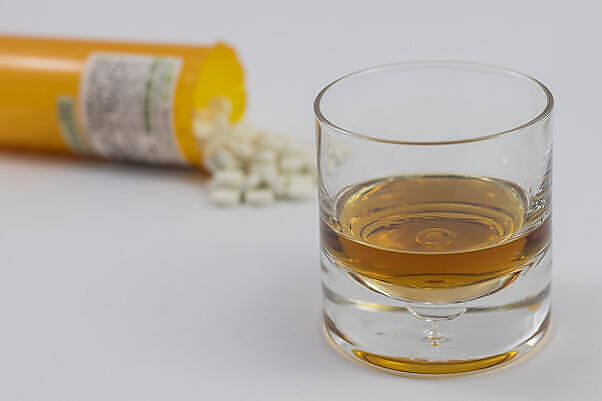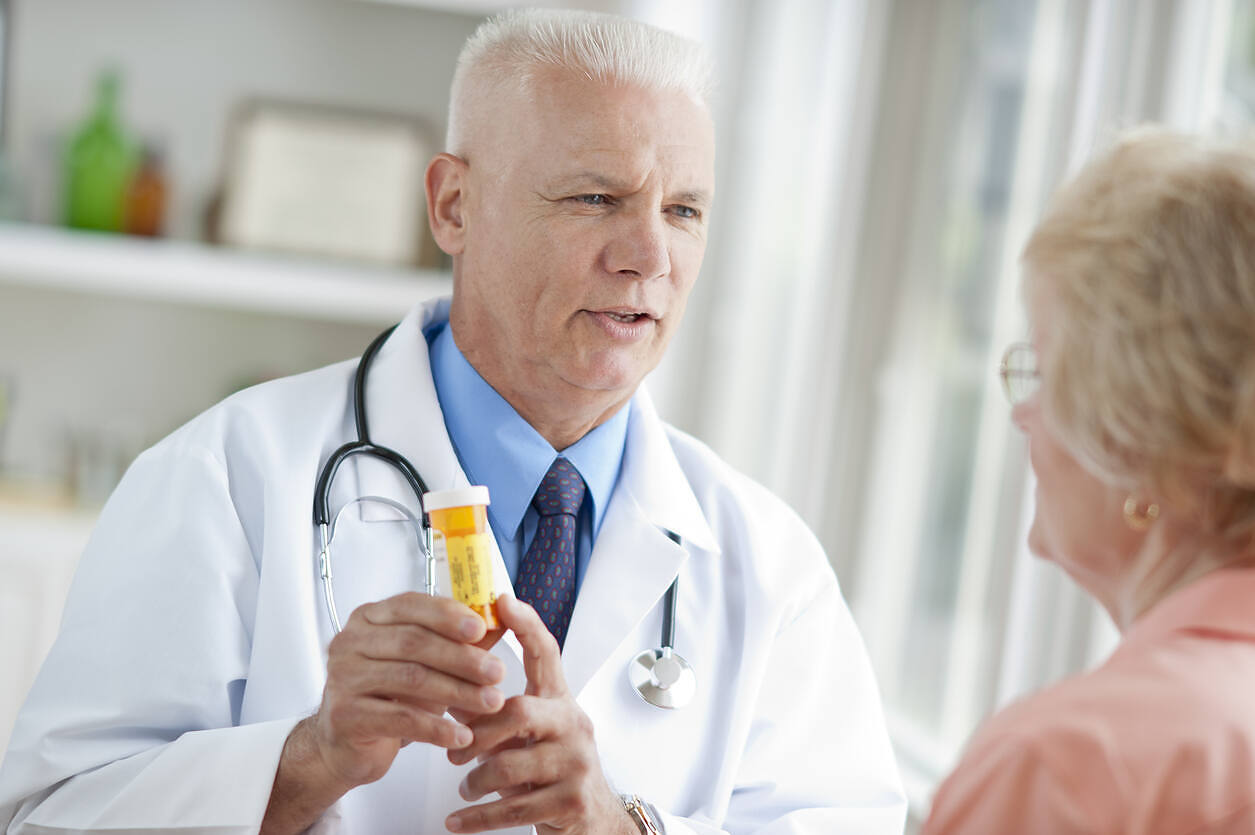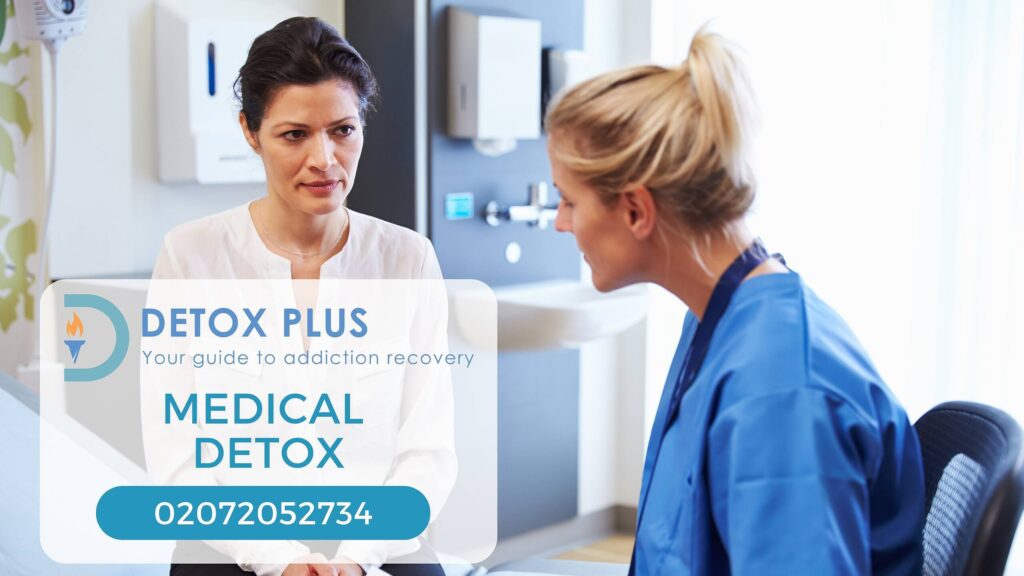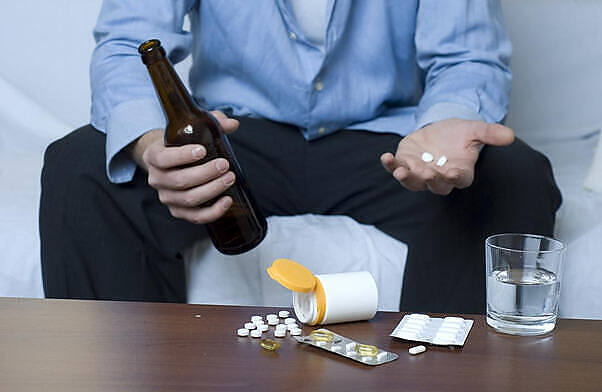
It is safe to drink small amounts of alcohol with the antibiotic amoxicillin. However, moderation is key.
Alcohol will not stop an antibiotic from doing its job, but it can increase unwanted side effects and lead to antibiotic resistance. Drinking alcohol during an infection can also slow your body’s healing ability. These, and many other factors, come into play when considering if mixing alcohol and amoxicillin is safe.
This article explores the side effects of amoxicillin, what it is prescribed to treat, and how heavy and even moderate alcohol use can impact your body’s ability to heal from an infection. What is amoxicillin prescribed for?
What is Amoxicillin prescribed for?

Amoxicillin is a widely prescribed antibiotic because it is suitable for most people and is considered one of the safest available. It comes in tablet form and oral suspension and is safe for children and pregnant women. Amoxicillin belongs to the penicillin family of antibiotics and is considered a strong antibiotic due to its effectiveness in treating various bacterial infections.
What Amoxicillin can treat:
? Urinary tract infections
? Bacterial rhinosinusitis
? Dental abscesses
? Skin infections
? Throat infections
? Pneumonia
? Ear infections
? Bronchitis
? Tonsillitis
For most people, amoxicillin doesn’t have any side effects. However, if you drink alcohol with amoxicillin, your chances of experiencing side effects are increased.
Common side effects of amoxicillin affect around 1 in every 10 patients. These side effects, whilst unpleasant, are rarely dangerous.
Common side effects of amoxicillin that drinking alcohol could make worse:
? Nausea
? Vomiting
? Stomach pain
? Diarrhoea
? Headache
? Yeast infections such as thrush
? Skin rash
Whilst much rarer, some people can react to amoxicillin and develop serious side effects. If you experience the following, you must tell your doctor immediately and stop taking the medication.
Serious side effects of amoxicillin include:
? Skin blisters and peeling
? Feeling faint
? Heart palpitations and irregular heartbeat
? Difficulties with breathing
? Bleeding or bruising of the skin
? Yellowing of skin or eyes (jaundice)
? Seizures
? Moderate to severe allergic reactions – severe itching, dizziness, swelling of the face and throat, breathing difficulties and skin rashes.
If you choose to drink alcohol whilst taking a course of Amoxicillin, any side effects you experience are likely to be more pronounced. This is because alcohol causes dehydration and sleep disturbances, which can lead to headaches, nausea and lethargy on top of already feeling unwell.
All antibiotics are notorious for upsetting the gut bacteria balance and can cause gastrointestinal issues such as bloating, pain, nausea and diarrhoea. Alcohol has similar effects on the body’s GI system and increases the likelihood of Amoxicillin causing discomfort.
Additionally, excess alcohol intake can cause skin issues and lead to yeast infections such as thrush. Drinking alcohol with Amoxicillin can cause a thrush infection in men and women that can be hard to eradicate and treat 3
Alcohol and Amoxicillin
Whilst it is safe to drink moderately whilst taking amoxicillin, clinical guidelines recommend that you abstain from alcohol to give your body the best chance to recover.
When we say moderately, the odd drink every few days will unlikely hinder your recovery. However, binge drinking and daily drinking can impact your body’s ability to heal from a bacterial infection.
Alcohol has a detrimental effect on the body’s immune response, even in moderate amounts 2. Because of this, mixing alcohol with Amoxicillin can be counterintuitive. Whilst Amoxicillin works to stop the spread of infection and kill off bacteria, alcohol, on the other hand, can promote the growth of bacteria and impede the body’s immune response.
Drinking heavily whilst taking Amoxicillin can also increase unwanted side effects. This can lead to your infection not being adequately treated by the end of the course. in instances such as this, further courses of antibiotics may be required. Taking antibiotics too often, or when they are not needed, can lead to antibiotic resistance.
The following video by the BBC shows just how much alcohol can affect a person’s immune system. Of course, this can vary from person to person, but the general consensus is that the more you drink, the less effective your immune system is at fighting infection.
How does alcohol affect your immune system? – BBC
Give Your Body a Fighting Chance
If you have been prescribed amoxicillin, your body is already under duress from an infection that it cannot fight without medical intervention (medication). To give your body the best chance of a full recovery, it is important to take the full course of amoxicillin prescribed and avoid alcohol altogether. In addition to avoiding alcohol, other substances, including tobacco, can also suppress your immunity, so you should avoid these also.
Good nutrition, staying hydrated and getting plenty of rest will help your body to heal quicker.
Amoxicillin and Alcohol
Whilst it is safe to drink small amounts of alcohol with amoxicillin, this does not mean it is recommended. If you are a heavy drinker or suffer from alcohol dependence, please let your doctor know so they can monitor you more closely.
The same goes for any dependence on an addictive substance that could impair your body’s ability to heal, such as heroin or cocaine.
Antibiotics you should not mix with alcohol
Whilst it is safe to drink moderately with many commonly prescribed antibiotics, some exceptions exist.
Cephalosporin cefotetan slows down the liver’s processing of alcohol. This leads to a rise in levels of acetaldehyde in the blood. Acetaldehyde is a byproduct of alcohol and a known carcinogen. This can cause a disulfiram-like reaction with nausea, vomiting, facial flushing, headache, breathlessness and chest pain.
Metronidazole and Tinidazole are other antibiotics that should never be mixed with alcohol. Drinking whilst taking a course of Metronidazole or Tinidazole can also cause a disulfiram-like reaction. You should also refrain from drinking alcohol for at least 2 to 3 days after completing a course of these antibiotics. It will take your body time to flush these medications from your system.
In case you are unaware, disulfiram is a medication used to discourage drinking in those with an alcohol use disorder.
Drinking any alcohol with this medication results in the severe symptoms described above. A person may be prescribed this medication as a further deterrent against relapse.
Alcoholism and Antibiotic Resistance
When a person suffers from alcoholism and drinks alcohol whilst taking an antibiotic such as amoxicillin, they risk developing antibiotic resistance.
Suffering from alcoholism puts a person at a much higher risk of serious infections. This is because alcohol affects every organ in the body and has a suppressant effect on our immune functions. Alcohol impairs dermal fibroblast function, which plays a role in wound healing. Additionally, those with an alcohol use disorder (AUD) are at increased risk of developing pneumonia and sepsis.
It has also been found that pneumonia occupies a larger lung area in those with an AUD than in those without. Bacterial infections spread faster with heavy alcohol use. The mechanism of an impaired immune system through alcohol use can counteract any good effects of antibiotics, leading to antibiotic resistance.
Those with an alcohol use disorder are also more likely to develop a bacterial infection, having contracted a virus first. If you have to drink whilst taking amoxicillin as you have alcohol dependence, you must let your doctor know. They will need to monitor your response to antibiotics more closely than they would a person who can abstain or moderate their alcohol intake.
Addressing Alcohol Dependence When You Need to Take Amoxicillin
If you are unwell and need an antibiotic such as amoxicillin to get better, it is advised that you avoid alcohol. However, if you are alcohol dependent, it will not be safe for you to stop drinking suddenly. Moderate to severe alcohol withdrawal symptoms can be life-threatening.
You should not attempt to quit alcohol without professional help.
Severe alcohol withdrawal symptoms include:
? Vomiting
? Diarrhoea
? Uncontrollable tremors
? Muscle cramps and spasms
? Hallucinations
? Confusion
? Delerium Tremors
? Seizures
If you are unsure whether you or a loved one may or may not have alcohol dependence, you can call us in confidence for a free assessment. Our experts are trained in identifying addiction and drug and alcohol dependence. We can help you get the professional help you need to recover well and fully.
If you suffer from alcoholism and have started to develop infections, this is a sign that your body is no longer coping with alcohol. Untreated alcohol use disorders progressively worsen over time without the correct treatment. Call us today for an understanding ear and advice on the best treatment options.
References:
How Does Alcohol Consumption Affect the Immune System?



